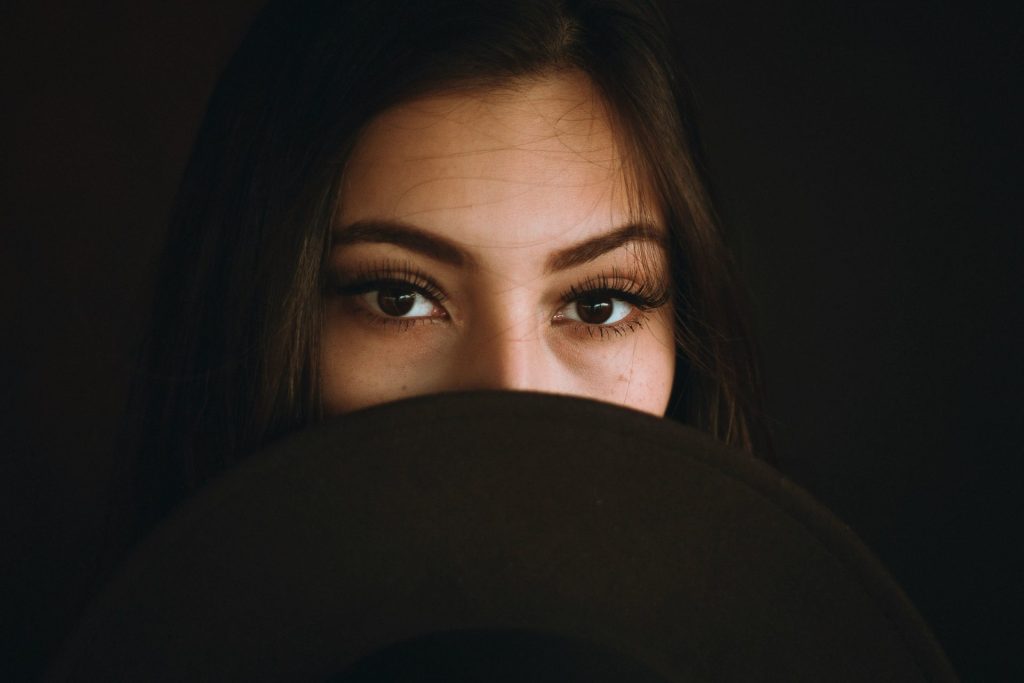A VAWA petition provides a legal avenue by which victims of abuse can find protection and access certain benefits in the United States without relying on another person. With this in mind, a person can become a VAWA derivative if they are an immediate family member of a principal petitioner.
In this article, Jaskot Law will explain in detail what the VAWA family petition entails and how a person can become a derivative beneficiary. Because we believe that understanding this process is vitally important, our experienced immigration attorneys are prepared to offer personalized attention and help you navigate the U.S. immigration system. If you have any questions, contact us today.
What is the VAWA visa?
The visa, better known as VAWA, is a program based on the Violence Against Women Act that provides a pathway for victims of domestic abuse to access protection and new opportunities in the United States. This visa does not discriminate against gender, and a person who has suffered abuse will be able to apply for it without depending on another person.
In addition to accessing legal protection and support in the United States, VAWA petitioners will have the possibility of obtaining employment authorization and, subsequently, applying for permanent residency in the country. Without a doubt, VAWA is considered a light at the end of the tunnel for many people dealing with abuse.

Who can apply for a VAWA visa?
The eligibility criteria for applying for a VAWA visa are usually related to the applicant’s particular situation. However, it is important to mention that VAWA self-petitioning allows a person who is a victim of abuse to file an application for legal status on their own and without the involvement of their abuser.
A person may be eligible to obtain permanent residence through a VAWA self-petition if he or she is a victim of abuse or extreme cruelty committed by any of the following:
- A spouse or former spouse who is a U.S. citizen.
- A parent who is a U.S. citizen.
- A child who is a U.S. citizen.
- A lawful permanent resident who is your spouse or former spouse.
- A parent who is a lawful permanent resident in the United States.
Requirements to apply for a VAWA visa
The requirements for filing a VAWA family petition, under the Violence Against Women Act, can vary depending on whether the individual is a primary beneficiary or a derivative beneficiary. The specific requirements for each condition are detailed below.
Principal beneficiary
- Be the spouse, or a child under the age of 21, of a U.S. citizen or permanent resident.
- Provide proof of relationship to the citizen or legal permanent resident.
- Provide proof and evidence of the mistreatment and/or abuse suffered, which may include police reports, protection orders, medical records, testimonies, photographs, among others.
- Prove that you are living in the United States at the time of filing the VAWA application, or prove that you have temporarily left the country because of the abuse you suffered.
Derivative beneficiary
- Demonstrate relationship to the primary beneficiary, that is if the person is a child under 21 years of age, unmarried child over 21 years of age who was abused prior to age 21, or other family members who meet the eligibility criteria.
- Provide proof and evidence of the mistreatment and/or abuse suffered through the necessary documents.
Different types of VAWA visas
The VAWA visa can be categorized according to the particular circumstances of individuals who have suffered mistreatment and/or abuse by a U.S. citizen or lawful permanent resident.
- Visa for battered spouses. This visa helps and protects people who are married to a U.S. citizen or permanent resident who has mistreated and/or abused them.
- Visa for abused children. This visa provides protection for children under the age of 21 and/or children over the age of 21 who have been abused before their 21st birthday.
- This visa provides protection to family members of T-visa or U-visa beneficiaries if they have also suffered mistreatment and/or abuse so that they can feel safe in the United States.

How to include derivative beneficiaries in the VAWA family petition?
In order to include derivative family members under the VAWA family petition category, they must be in the United States at the time of filing. In addition, evidence of abuse or mistreatment suffered by the referred beneficiary will be required, as well as compliance with the eligibility criteria, and proof of the family relationship through relevant documentation.
On the VAWA family petition, an individual may include the following family members:
- unmarried children under 21 years of age,
- unmarried children over 21 years of age, who have suffered abuse before reaching that age,
- and/or parents who have suffered abuse or mistreatment by a U.S. citizen.
VAWA visa benefits
The VAWA visa entitles its beneficiaries to a number of benefits, including those listed below:
- Legal protection in the United States, meaning that the person will have legal rights and will be able to live without fear of deportation.
- Obtain work authorization. A person who is a VAWA beneficiary may work legally in the United States.
- Access public benefits, which include Medicaid, Medicare, and food assistance.
- The possibility of becoming a permanent resident in the United States.
VAWA Visa Application Process
The process of applying for a VAWA visa in the United States requires attention to detail so that all documents and evidence are submitted in a timely manner. Here are some of the steps to keep in mind when considering filing a VAWA application:
STEP 1: Gather evidence and collect solid proof of mistreatment or abuse by a U.S. citizen or lawful permanent resident.
STEP 2: Prepare additional documentation, including documents certifying and supporting the relationship to the U.S. citizen, as well as credible testimony to support the application.
STEP 3: Complete the Form I-360 Petition for Self-Petition under the Violence Against Women Act and submit your application to the U.S. Citizenship and Immigration Services (USCIS).
STEP 4: Wait for USCIS to review the application. If evidence is missing, USCIS may notify you that the application requires more information through a notice.
STEP 5: Once the application has been processed, you will be required to go for fingerprinting and biometrics to determine your identity. USCIS will send you a notice detailing the place, day and time for the collection of your biometric data.
STEP 6: USCIS will issue a notice of approval or denial of the application. If the application was approved, the individual may then apply for a Work Authorization.
STEP 7: After a period of time has elapsed, a VAWA beneficiary may apply for permanent residence in the United States.

Work Permit through VAWA
A person who has filed an application for a visa based on the Violence Against Women Act and has been approved may apply for Work Authorization while awaiting a decision on his or her immigration status. This authorization is a major step towards financial independence, as it will allow the VAWA petition beneficiary to work legally in the United States.
For more information on this process, you can refer to our article What is the waiting time for a VAWA work permit, which details the application process and what to expect after VAWA application approval.
How long does the VAWA visa decision take?
The processing time for a VAWA visa application in the United States can vary considerably, depending on several factors. In general, it can take between 16 and 24 months for the U.S. Citizenship and Immigration Services (USCIS) to make a decision on a VAWA petition.
It is important to keep in mind that this deadline may be affected by the volume of applications received, the complexity of the case and the need to provide additional evidence. However, once the VAWA petition is approved, the applicant will be able to initiate the necessary process to adjust his or her immigration status.
Frequently Asked Questions
Who can be included as derivative beneficiaries on a VAWA family petition?
Unmarried children under the age of 21, unmarried children over the age of 21 who were abused before reaching that age, and parents who were abused by a U.S. citizen may be included in a VAWA family petition. All must meet eligibility criteria and provide proof of abuse.
What are the requirements to be a derivative beneficiary on a VAWA petition?
To be a derivative beneficiary, a relationship to the primary beneficiary (e.g., child or parent) must be demonstrated. In addition, it is necessary to provide evidence of the abuse suffered, such as police reports, testimony or medical records, and to meet the eligibility criteria stipulated by USCIS.
How is a derivative beneficiary included in the VAWA family petition?
To include a derivative beneficiary in a VAWA family petition, evidence of the abuse suffered and the familial relationship to the principal petitioner must be submitted. The application must include relevant documentation, such as birth or marriage certificates, and meet all requirements of the immigration process.
How long does it take to process a VAWA application?
The processing of a VAWA application can vary, but generally takes between 16 and 24 months. This time may fluctuate depending on the volume of requests, the complexity of the case and the need to provide additional evidence. Once approved, the application for permanent residency can proceed.
Ana Aguirre Santos is an advanced student of the National Sworn Translator’s Degree in English at the National University of Córdoba (Argentina) where she specializes in legal and commercial translation. She has worked as a translator and copywriter for several websites, creating relevant and reliable content for a variety of users.


